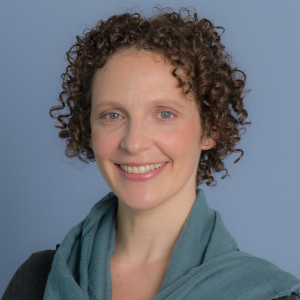In the 1960s and 70s, scientists at the John Curtin School of Medical Research of the Australian National University (ANU) organised the collection of thousands of blood samples from Aboriginal and Torres Strait Islander Australians living on missions and government stations across WA, NT and Qld. These samples were used for research into human genetic diversity and the history of population movements up until the late 1990s, when concerns within the institution about the continued use of the samples led to a voluntary moratorium on research. Beginning in 2010, I worked with the ANU to develop a strategy for managing the collection, beginning with the appointment of an external Indigenous Expert Committee to advise the university. This led to the development of  the National Centre for Indigenous Genomics (NCIG), the first Indigenous-governed genome facility in the world. This presentation will outline the development of NCIG and some of the ethical innovations involved. It will consider the role of Indigenous ethics in relation to ‘mainstream’ biobanking ethics and the potential impact of the upscaling of biobanking that may accompanying the rise of precision medicine.
the National Centre for Indigenous Genomics (NCIG), the first Indigenous-governed genome facility in the world. This presentation will outline the development of NCIG and some of the ethical innovations involved. It will consider the role of Indigenous ethics in relation to ‘mainstream’ biobanking ethics and the potential impact of the upscaling of biobanking that may accompanying the rise of precision medicine.
Emma Kowal is Professor of Anthropology in the Alfred Deakin Institute at Deakin University, Convenor of the Deakin Science and Society Network and former Deputy Director of the National Centre for Indigenous Genomics at the Australian National University. Her current appointments include membership of the Steering Committee of the Genomics Health Futures Mission, a major investment of the Australian Government in precision medicine.